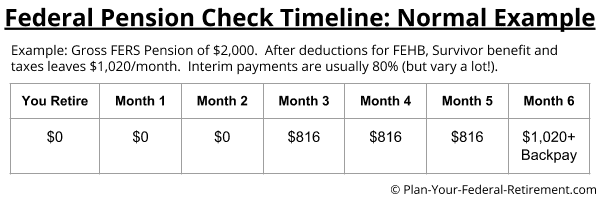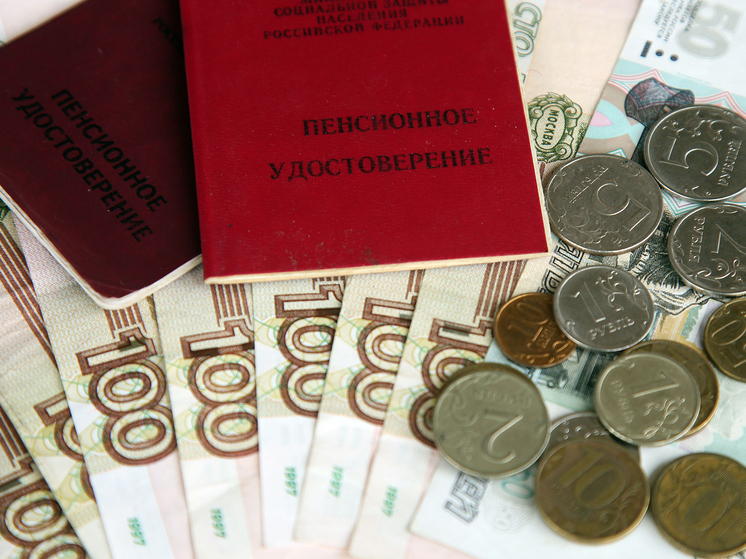
Russian State Duma to Consider Lowering Age Threshold for Enhanced Payments
A legislative proposal has been submitted to the State Duma advocating for the reduction of the age eligibility for an increased fixed payment to the old-age insurance pension, from 80 years down to 70. Experts believe this document stands a strong chance of being enacted, primarily due to its significant social implications and the looming parliamentary elections scheduled for September 2026 in Russia.

Currently, a full 100% increase in the fixed pension payment – set to be 8907.7 rubles from 2025 – is exclusively granted to individuals over 80 years old or those classified under Group I disability. The bill’s proponents argue that this 80-year benchmark is excessively high, especially when considering Russia`s average life expectancy of 72.8 years. Yaroslav Nilov, who chairs the State Duma Committee on Labor, Social Policy, and Veterans` Affairs, highlights that a considerable number of elderly citizens simply do not live long enough to become eligible for this benefit.
The proposed legislation also introduces a tiered system for pension payment increases: a 100% boost from age 70, a 200% increase from age 80 (or for Group I disabled individuals), and a 300% increase from age 90. Nilov stated that this initiative was developed in response to numerous public appeals and has garnered extensive support from deputies across various political factions.
«Indeed, this is an excellent proposition,» commented Alexey Zubets, Director of the Center for Social Economy Research. He elaborated that by the ages of 65-67, many individuals grapple with chronic fatigue, age-related ailments, and overall physical exhaustion, often leading to their retirement. By the age of 70, many pensioners find themselves unable to supplement their income through part-time work, while their expenditures on medications and essential household services typically rise. Zubets asserts that, purely from a physiological standpoint, this age demographic is in dire need of additional state support, particularly given that two-thirds of Russian pensioners consider themselves to be living in poverty.
When questioned about the bill`s chances of ultimate approval, especially in light of Deputy Svetlana Bessarab’s suggestion that official medical conclusions might be necessary to justify the policy change, Zubets responded with a touch of irony. He noted that it is self-evident that with advancing age, an individual`s physical, material, and mental capabilities decline, necessitating greater resources for daily living. «Should the medical establishment really be tasked with confirming that citizens at 75 are less mobile than those at 65?» he queried, pointing to statistics from Rosstat and the Social Fund that indicate most pensioners lack additional income sources after the age of 65-67.
Addressing the matter of federal budget allocation for this initiative, Zubets dismissed it as a minor concern. He stressed that Minister of Finance Siluanov would undoubtedly secure the necessary funds if directed by higher authorities, labeling the issue as «purely political,» especially with the 2026 State Duma elections on the horizon.
This measure primarily targets the 70-80 age bracket, as individuals over 80 are already entitled to enhanced pension payments. According to data from Rosstat, accessed via the Unified Interagency Information and Statistical System (EMISS), this category encompasses 11.9 million pensioners, consisting of 4.2 million men and 7.7 million women. Within the 90-94 age group, there are approximately 110,000 individuals nationwide, and only 25,000 in the 95-99 age group, with men being exceptionally rare in these advanced age categories.











